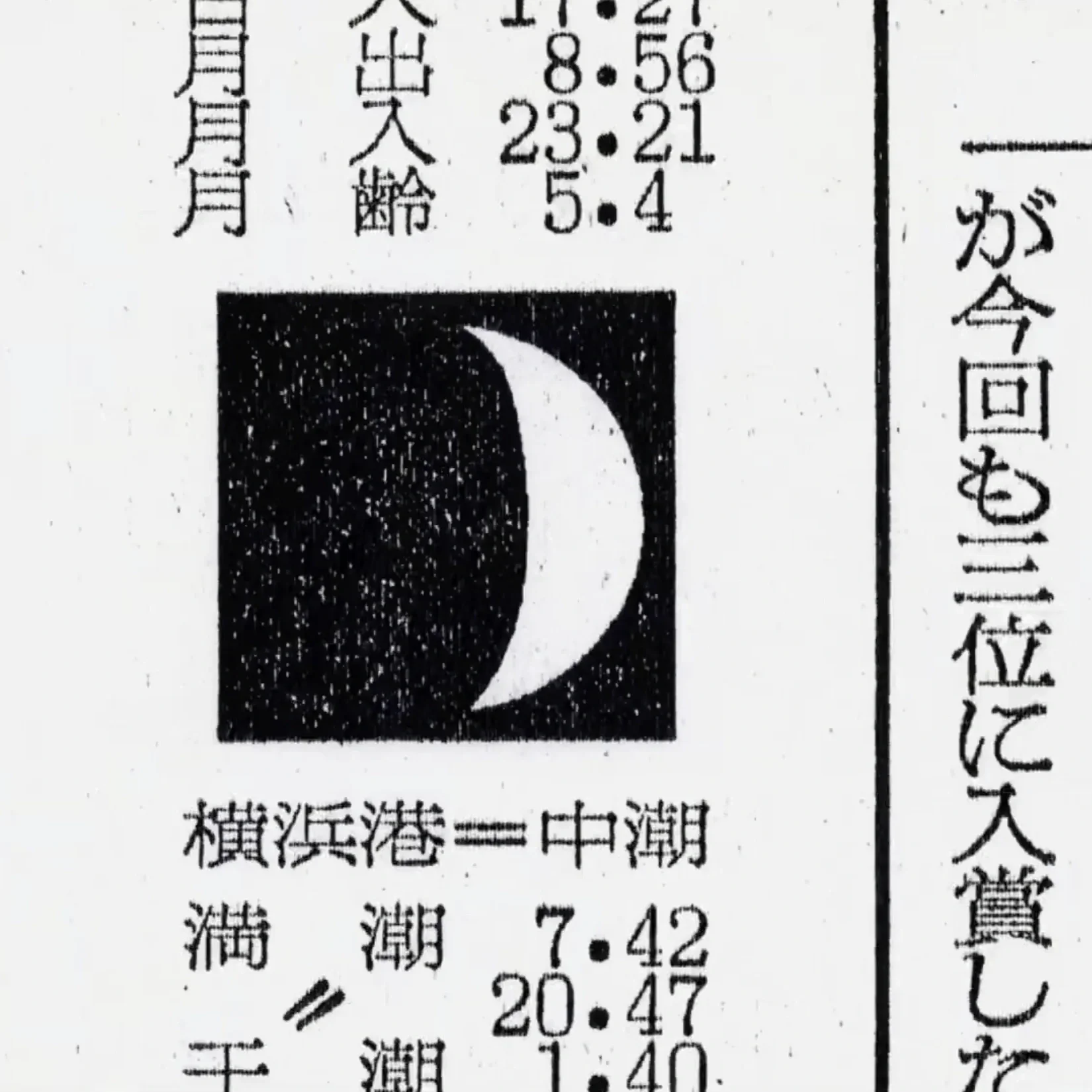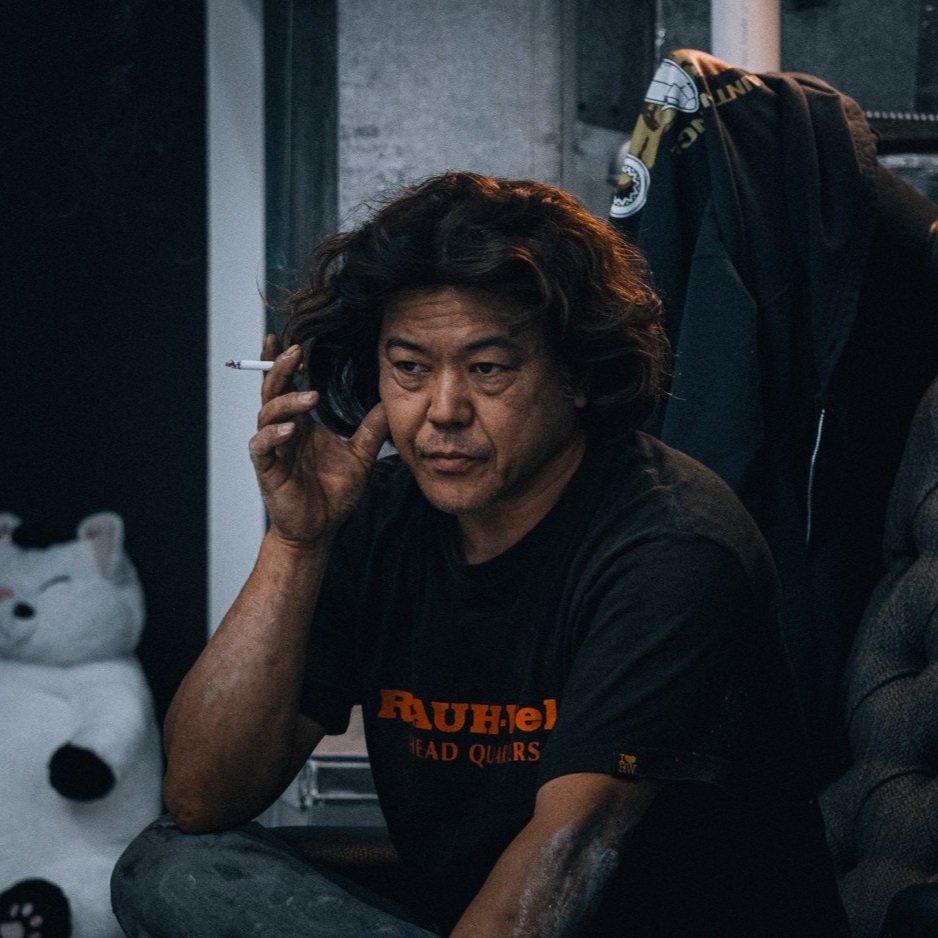Chiaki Kuriyama - The Femme Fatale of Japanese Cinema
Chiaki Kuriyama│© Kishin Shinoyama
Chiaki Kuriyama is an enigma wrapped in layers of fierce talent, distinct style, and unyielding charisma. A Japanese actress, model, and singer, she has crafted a path that defies the conventions of the entertainment industry, navigating a world of shadows, violence, and chilling beauty.
Known globally for her portrayal of the schoolgirl assassin Gogo Yubari in Quentin Tarantino’s Kill Bill, Kuriyama’s journey from a child model to a cult movie sensation is as gripping as the characters she portrays.
Who is Chiaki Kuriyama?
Born on October 10, 1984, in Tsuchiura, Ibaraki Prefecture, Japan, Chiaki Kuriyama is far from a mere actress—she is a force that blends vulnerability with intensity. Her striking presence and ability to embody characters on the edge have made her a staple in the realms of horror, thriller, and action. With a career spanning over two decades she deftly transitioned from a child model to a powerhouse performer.
Kuriyama’s Child Model Beginnings
Kuriyama’s foray into the limelight began in the mid-1990s during a boom of young models in Japan. As a child, she quickly became one of the country’s most recognizable faces, gracing the pages of popular magazines such as Nicola and Puchi Lemon.
Her photobooks, especially Shinwa-Shoujo (Girl of Myth) and Shoujokan (Girl’s Residence), captured the zeitgeist of the era, with renowned photographer Kishin Shinoyama’s lens highlighting a young Kuriyama’s charm.
Shinoyama, renowned for his acute sensitivity to the passage of time, excelled in blending innovative techniques with a naturalistic style. His work often pushed boundaries, capturing the raw and unfiltered essence of his subjects. Among his notable publications are photo books that featured nude portraits of prominent actresses, including Kanako Higuchi and Rie Miyazawa.
Since child protection laws in Japan evolved, and the photobook Shinwa-Shoujo, featuring the 13 year old Kuriyama, included nudity, it was pulled from circulation. Yet it remains a testament to Kuriyama’s early magnetism.
Despite the controversies, these early years were instrumental in shaping Kuriyama’s screen presence. Her time as a model exposed her to the complexities of the entertainment world and imbued her performances with a subtle mix of allure and darkness.
Chiaki Kuriyama│© Kishin Shinoyama
A Love Affair with Horror and Violence
Kuriyama’s transition from modeling to acting was seamless, propelling her into the eerie realms of Japanese horror and thriller cinema. In 1999, she gained attention with her role in Shikoku, a supernatural horror film where she portrayed a young girl entangled in a web of spectral mysteries. This performance marked the beginning of her association with unsettling and emotionally charged narratives, demonstrating her innate ability to convey fear, tension, and vulnerability on screen.
However, it was her 2000 role in Battle Royale that etched her name into the annals of cult cinema. Directed by Kinji Fukasaku, the film depicted a dystopian nightmare where high school students are forced to fight to the death. Kuriyama’s portrayal of Takako Chigusa, a fierce competitor with a steely resolve, was both chilling and heartbreaking.
This era of her career also saw her in Ju-on: The Grudge (2000), another cornerstone of Japanese horror that helped popularize the genre globally. Her roles during this time often explored the darkest corners of human emotion, blending vulnerability with an almost palpable tension.
These performances laid the groundwork for her reputation as a fearless actress, willing to dive into roles that explored the extremes of human experience.
Enter Hollywood - Gogo Yubari in Kill Bill
Kuriyama’s international star soared in 2003 when Quentin Tarantino cast her in Kill Bill: Volume 1. Tarantino, a passionate fan of Japanese cinema, had been intrigued by Kuriyama’s performance in Battle Royale and sought her out specifically for the role of Gogo Yubari—a seemingly innocent yet psychotically lethal schoolgirl who wields a chain flail with deadly precision. Gogo Yubari was a nightmare wrapped in a school uniform, blending Kuriyama’s signature mix of sweetness and violence to unforgettable effect.
Kuriyama trained rigorously for the role, mastering the use of the manriki, a traditional Japanese weapon that became an extension of her character’s lethal persona. Her combat scenes in Kill Bill embody a dance of death that is as beautiful as it is terrifying. Gogo Yubari’s presence in the film is electrifying, a testament to Kuriyama’s ability to command the screen with a mere glance or a subtle smile before unleashing chaos. This role introduced her to Western audiences and solidified her status as an international cult icon.
Tarantino’s admiration for Kuriyama’s work, particularly her fearless portrayal in Battle Royale, was no secret. He praised the film for its brutal energy and unflinching storytelling, and his casting of Kuriyama was both an homage to the genre and a recognition of her undeniable talent.
Post-Kill Bill
Post-Kill Bill, Chiaki Kuriyama continued to explore diverse roles, consistently pushing the boundaries of her craft. She took on the role of a sword-wielding warrior in Azumi 2: Death or Love (2005), where she navigated the complexities of feudal intrigue and fierce combat. Collaborating with visionary director Takashi Miike in Yokai Daisenso (The Great Yokai War) (2005), Kuriyama delved into the realm of fantasy and folklore.
Throughout the 2000s and 2010s, Kuriyama balanced mainstream cinema with more avant-garde projects, refusing to be typecast. In the horror-comedy Exte: Hair Extensions (2007), she brought her flair for the macabre to the forefront once again, blending supernatural horror with dark humor. Meanwhile, her work on the TV series Rokubanme no Sayoko showcased her range on the small screen, navigating complex emotional landscapes with ease.
Kuriyama’s artistic pursuits have even extended into the music industry. In 2011, preceded by standalone singles, she released her studio album Circus, which unfortunately failed to make its mark. Other than her single Ryusei No Namida, most of her musical explorations remained in the shadows.
From her early days as a child model to her emergence as an international cult icon, Chiaki Kuriyama’s career is a tapestry woven with daring choices, magnetic performances, and an unyielding commitment to her art. Her journey through horror, action, and beyond reflects a fearless spirit.
Kuriyama’s legacy is found as much in the roles she has played as in the boundaries she has pushed, proving that true cinematic artistry lies in the willingness to embrace the unknown.
Chiaki Kuriyama









Inside the legacy of one of anime’s most iconic studios.